Staying in Japan
Procedure After a Childbirth ~Both parents are foreign nationals / One parent is foreign nationals~
- 2025.07.04
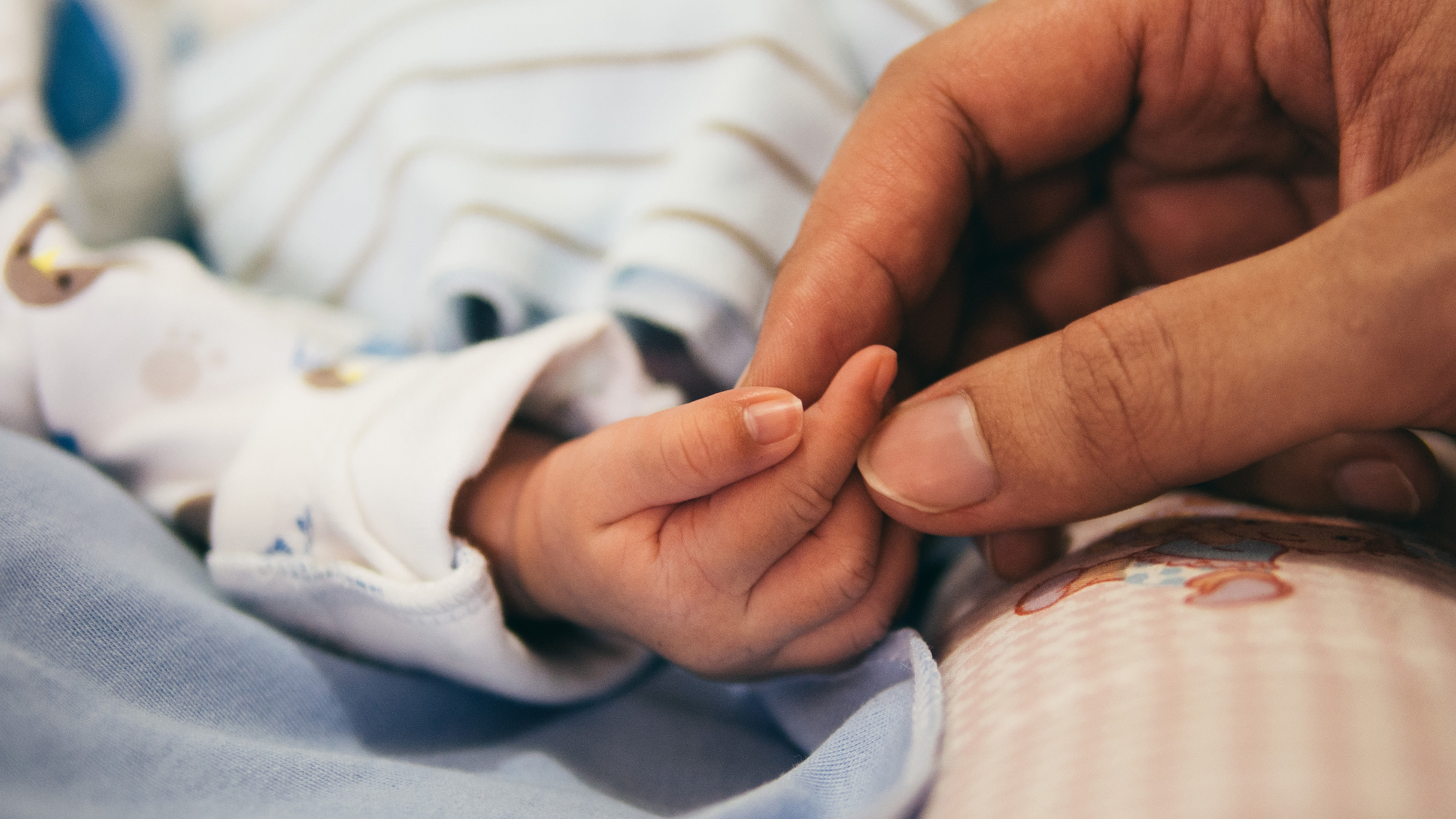
With the recent trend of globalization, it is not uncommon for Japanese and foreign couples to have children in Japan. The big event of childbirth will also bring a lot of work: as you need to research the procedures, gather a lot of documents have deadlines. Here, we will briefly explain the procedures, visas, nationality, etc. for children of foreign nationality parents after their birth.
Procedures if both parents have foreign nationality
Submit a birth notification to a Japanese municipal office
① When a child of foreign nationality is born, the parents need to submit a birth notification to the municipal office within 14 days.
(You can get a birth notification form at the hospital where you/your wife gave birth.)
The foreign name on the birth notification should be written in “Katakana”.
Add the legal characters (alphabet) of your home country.
If you are a Chinese or Korean national, you can also submit the name on the notification in Japanese Kanji.
② Obtain an official certificate to prove the birth at the municipal office
Obtain one of the following documents at the city hall, ward office, or other municipal office that has jurisdiction over your address.
It would be recommended in advance which of the following documents you will need when you submit the document to the embassy or consulate of your country later to determine which document you should obtain.
Certificate of acceptance of birth notification (certifying that the birth notification has been accepted)
Certificate of details written on the birth notification (certifying the contents written on the birth notification)

Whether or not these documents require certification or translation will vary depending on where you are submitting them.
At that time, it is also a good idea to obtain resident registration cards for all members of your household, including the baby, to submit to the Immigration Services Agency when applying for residence status.
Apply at the Immigration Bureau
① The child’s residence status will change depending on the parents’ residence statuses.
The child’s residence status will change depending on the parent’s residence status, so be sure to check in advance.
If you are unsure, please consult with the Immigration Bureau or a specialist such as an administrative scrivener.
The types of residence status a child can have would be as follows:
|
Parents’ Nationality /Residence Status |
Child’s Residence Status |
||||
|
Biological child |
Adopted Child |
Special Adoption |
|||
|
One parent is Japanese |
That parent is Japanese at the time of the child’s birth |
Spouse of a Japanese national, etc. |
Long-term resident |
Spouse of a Japanese national, etc. |
|
|
That parent naturalized after the child’s birth |
Long-term resident |
Long-term resident |
|
||
|
Parents are foreign nationals |
Permanent resident |
Application within 30 days of birth |
Permanent resident |
Long-term resident |
|
|
Application 30 days after birth |
Spouse of a permanent resident, etc. |
||||
|
Long-term resident |
Long-term resident |
||||
|
Work visa |
Dependent |
||||
|
Diplomatic, Official |
Diplomatic, Official |
||||
|
Other visas |
Dependents *However, this may not be possible depending on the situation. |
||||
In particular, there are many cases of children of foreign parents who have “Engineers/Specialist in Humanities/International Services” residence status, which is the most common type of work visa.
In that case, using the table above, the children of such parents would apply for “Dependent” residence status.
For more information on “Dependent” residence status, please see his column.
② Application for permission to obtain residence status
To apply for residence status for your child, you must submit the following 9 documents to the Immigration Bureau within 30 days of the birth. *The procedure may change, so please check each time. There is no fee.
- Application for Permission to Obtain Residence Status
- Questionnaire
- Certificate of Birth Notification Acceptance (original)
- “Resident registration card for all members of the household” including the child (original)
- Child’s passport or reason for not obtaining a passport
- Resident Taxation Certificate and Resident Tax Payment Certificate (2 types, original) for the person supporting the child
- Document certifying the occupation of the person supporting the child
- A Guarantee of Identity
- The Resident card and passport of the person supporting the child
If you have any questions, please feel free to contact us.
Registration in the parents’ home country (embassy/consulate)
The procedures for registering a child in the home country vary depending on the country.
Please check the list of foreign diplomatic missions in Japan of the Ministry of Foreign Affairs here.
If one of the parents is Japanese
If the child will only have Japanese nationality
If one of the parents is Japanese, the child can have Japanese nationality.
If the child will only have Japanese nationality, follow the procedure 2-1 to submit the birth notification to a Japanese municipal office.
If the child will reserve both Japanese and foreign nationality
If the child will reserve both Japanese and foreign nationality, follow the procedure above in 1-1 submitting the birth notification to a Japanese municipal office and in 1-3 registering the child in the parent’s home country (embassy or consulate).
Japan adopts the principle of jus sanguinis, and if one of the parents is Japanese nationality, it is possible to acquire Japanese nationality. However, it is necessary to reserve the nationality once and then select the nationality by the age of 20. For more information, please refer to the Ministry of Justice website or our website.
Summary
Giving birth and then submitting the registration for birth in a different language and culture is hard work.
Once a child is born, the days can be hectic.
But if you do not complete the procedures for your child’s residence status and citizenship earlier, you may have a lot of trouble later on.
The child’s visa will differ depending on the parents’ reason for staying and their residence status, so we recommend that you start checking and preparing for the procedures in ahead of time.
Deciding on a child’s nationality is not an easy task. One option is to consider which country you will live in in the future, and another is to choose a country that is more trusted worldwide. Since this is a very important issue that depends on your child’s future life plan, I think you may have the option of consulting an expert.
Our group is based in Osaka (Abeno and Tennoji) and Tokyo (Shibuya-ku and Ebisu), and we also accept on-site consultations and online consultations. We provide support to each situation by experienced administrative scrivener experts.
If you have any questions, please feel free to contact us.
Toll-free number: 0120-138-552
For English speakers: 080-9346-2991
For Chinese speakers: 090-8456-6196
Editor of this article
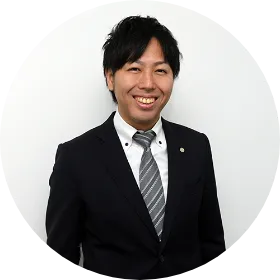
- Ryota Yanagimoto
- Administrative Scrivener/Judicial Scrivener
At the age of 24, he passed the national examinations for judicial scrivener, administrative scrivener, and wage service manager at the same time.
While working as a full-time lecturer at a major prep school, he independently opened a legal office related to judicial scriveners and administrative scriveners,
and he has experience as a judicial scrivener and an administrative scrivener for more than 15 years so far.
He has been actively contributing to various industries such as publicly listed companies, real estate companies, financial institutions, elderly care services, and professional organizations by conducting seminars, lectures, and talks.
And now he has a record of over 60 presentations so far.
Furthermore, as the president of a Japanese language school announced by the Ministry of Justice and Acts, and an advisor to a real estate company (capable of handling foreign clients),
he has been involved in various aspects of industries related to foreigners.
It is recommended to consult with experts when it comes to visas, naturalization, and residency matters.

Our office has specialized experts in visa and naturalization applications who are available to assist with free consultations (limited to the first session) and inquiries related to various visa applications and naturalization applications.
Additionally, we have foreign staff proficient in English, Chinese, and Korean languages with specialized knowledge, and they are present to provide support. They can accommodate consultations and inquiries in each language. Feel free to use our free consultation and inquiry services from here.







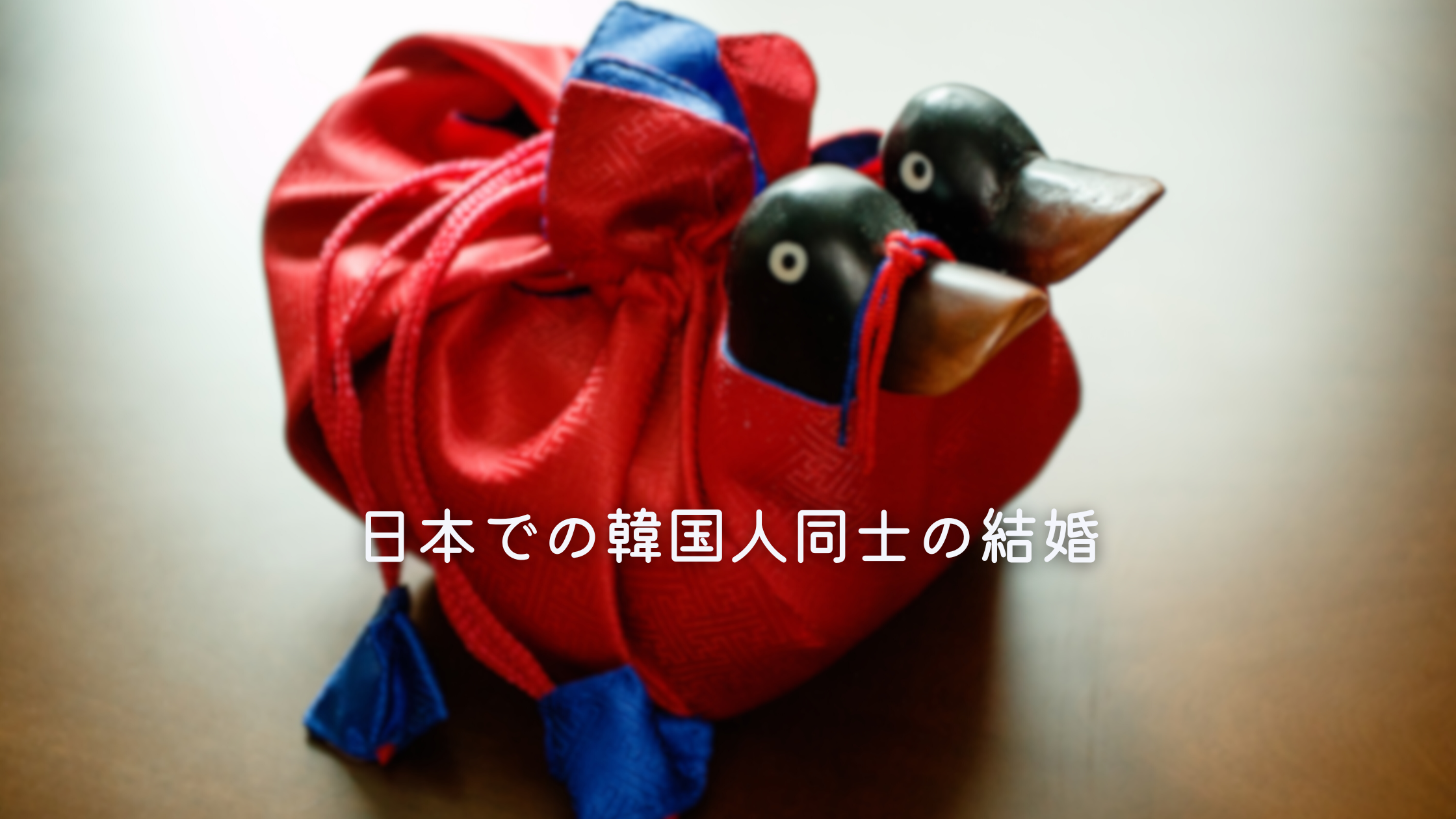







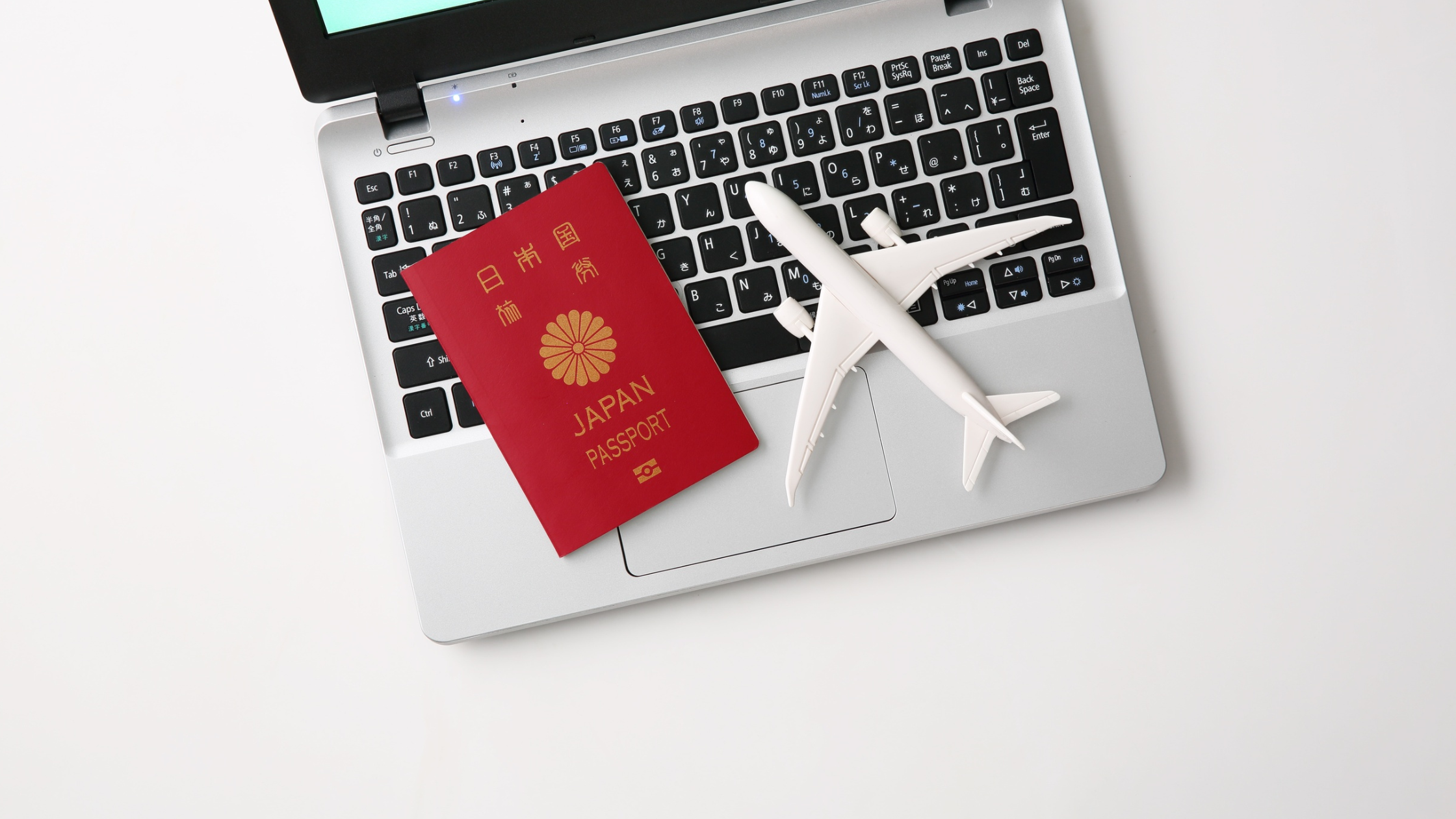







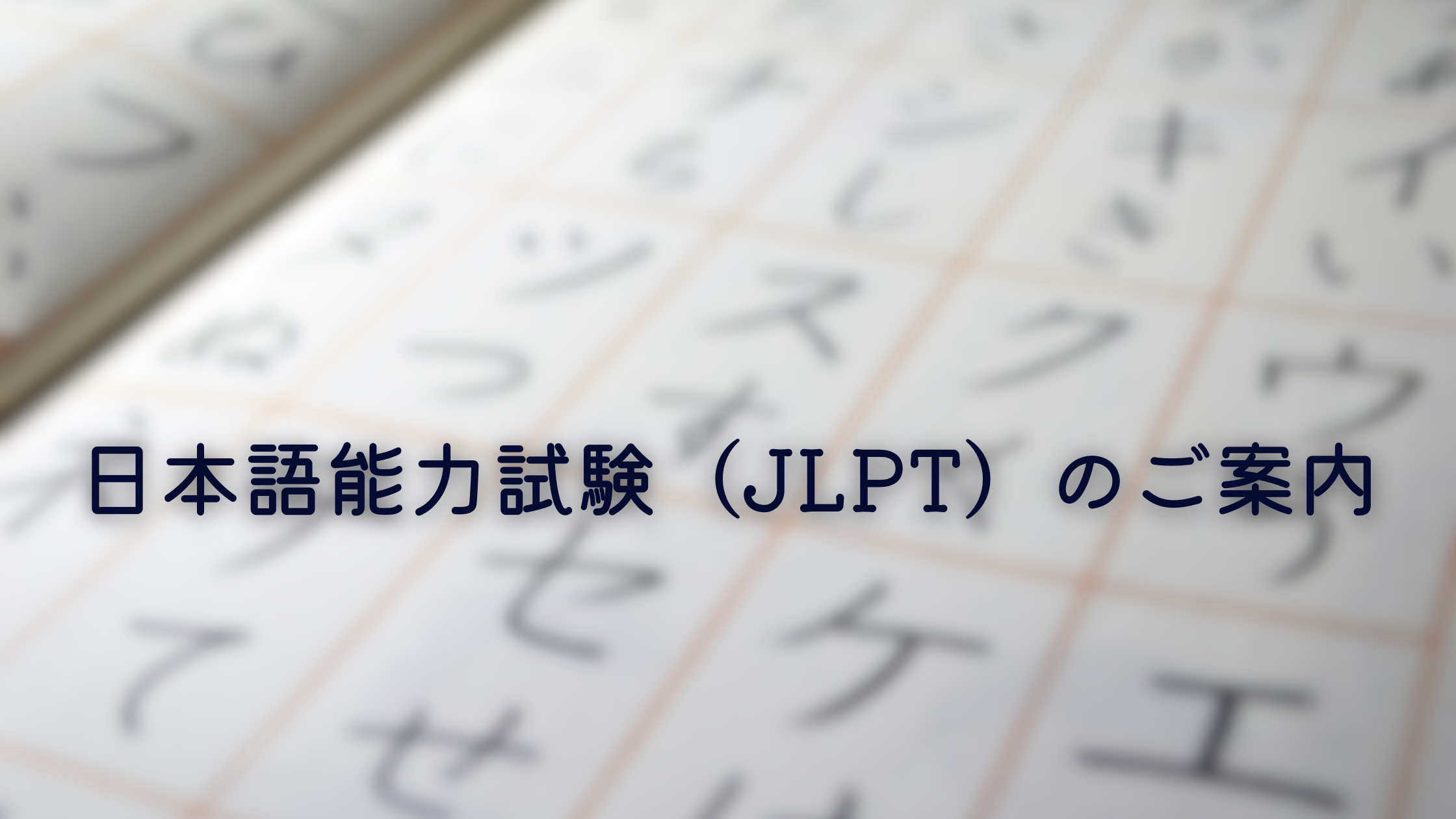
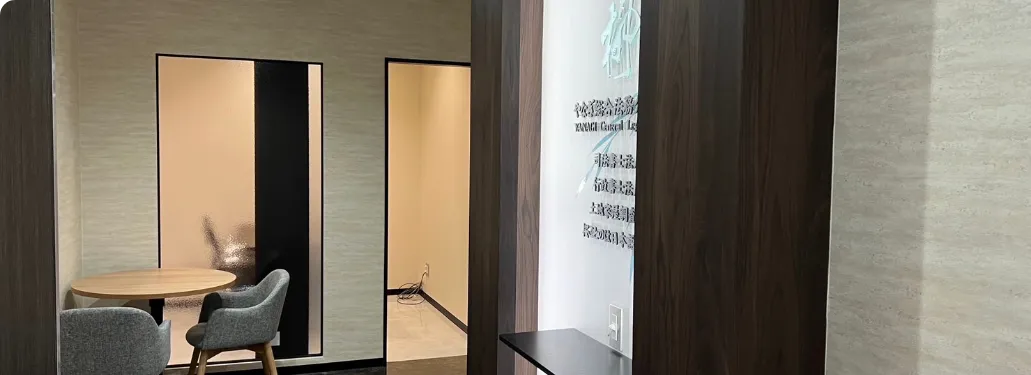
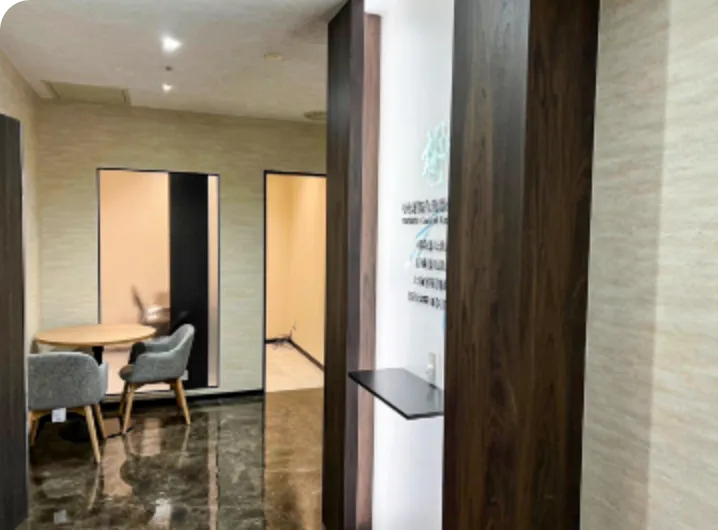
 0120-138-552
0120-138-552 Free
Consultation
Free
Consultation Contact Us
Contact Us